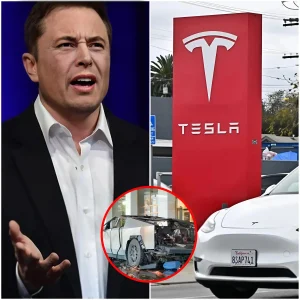Risk of All Tesla Stores Being Banned in New York Due to New Surprise Bill Sparks Outrage from Elon Musk 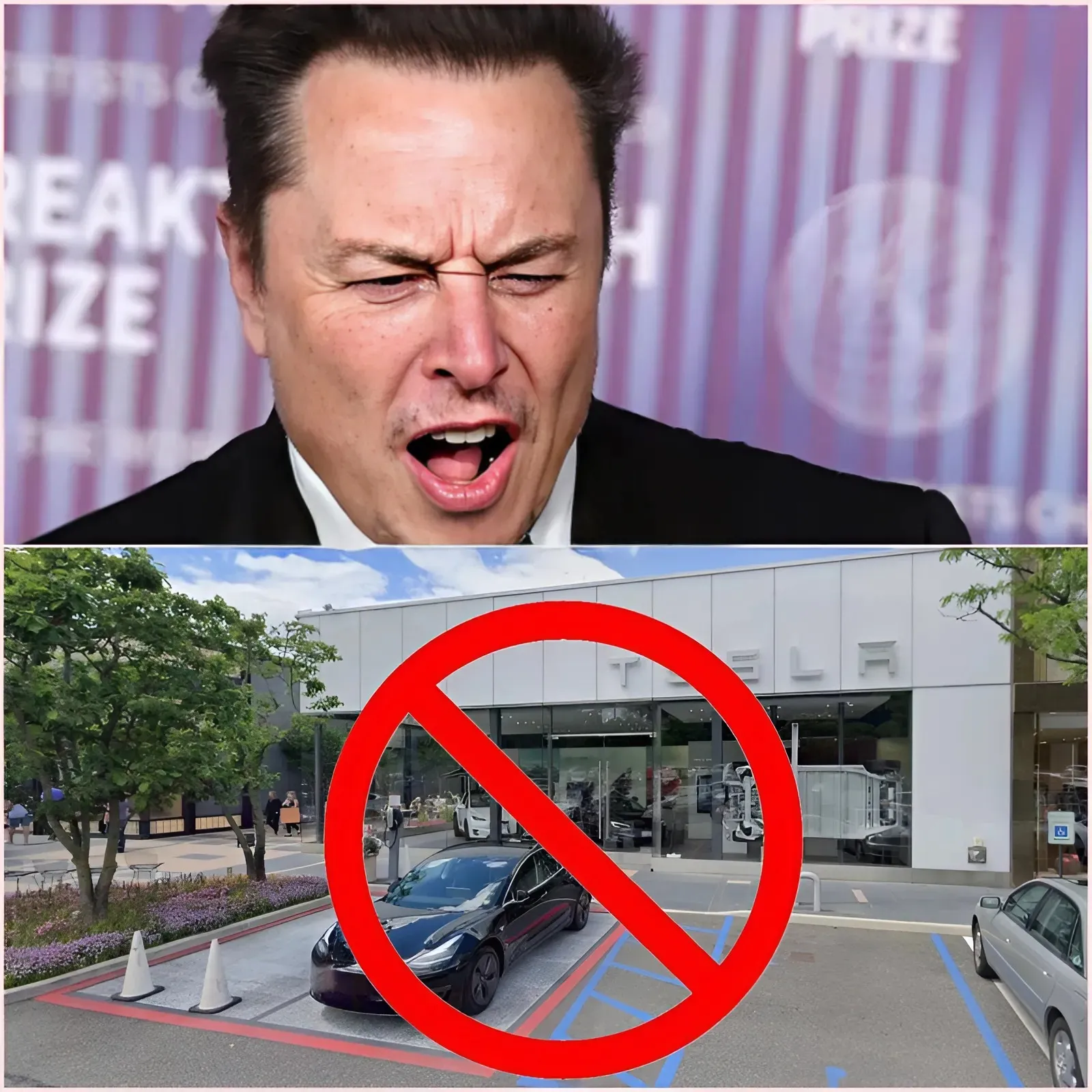
In a startling development that has sent shockwaves through the automotive and political spheres, a new legislative proposal in New York threatens to ban Tesla from operating its in-person sales stores across the state. Introduced by Democratic State Senator Patricia Fahy on March 26, 2025, Senate Bill S6894 aims to revoke the permits that allow Tesla to maintain its five direct-to-consumer sales locations, a privilege the company has enjoyed since a special agreement was brokered in 2014. This unexpected move has ignited fierce debate, with Tesla CEO Elon Musk publicly expressing his frustration, calling it an attack on free enterprise and innovation. As of March 30, 2025, the situation remains fluid, with implications that could reshape Tesla’s presence in one of its key U.S. markets.
The proposed legislation does not immediately shutter Tesla’s stores but sets a deadline for their closure. It stipulates that permits issued to zero-emission vehicle manufacturers like Tesla, which bypass traditional franchise dealerships, cannot be renewed after July 2026. While the bill caps the number of direct sales permits at five per manufacturer, it explicitly targets Tesla by allowing other electric vehicle (EV) makers to compete for these slots, effectively pushing Tesla out unless it secures new permits under revised conditions. Fahy, an Albany-based senator known for her support of EV adoption, has framed the bill as a way to level the playing field and curb the influence of Musk, whose recent political activities have drawn ire from some Democratic lawmakers. 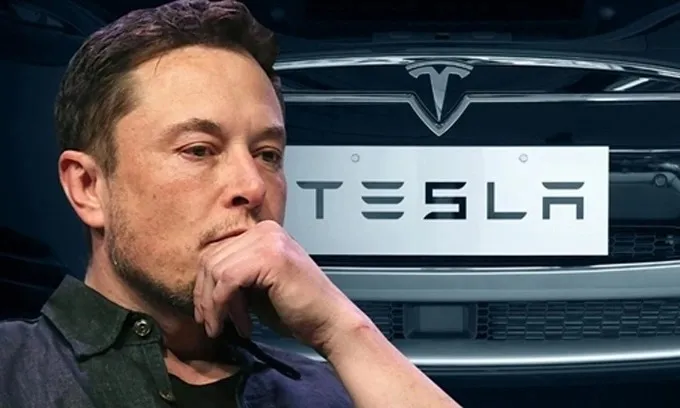
The roots of this legislative push lie in Musk’s high-profile role in President Donald Trump’s administration, particularly as the head of the Department of Government Efficiency (DOGE). Since Trump’s second inauguration in January 2025, Musk has spearheaded aggressive federal spending cuts, slashing thousands of government jobs and terminating aid contracts—an agenda that has alienated many in left-leaning states like New York. Fahy has been vocal about her disgust with Musk’s alignment with Trump, telling Politico, “No matter what we do, we’ve got to take this from Elon Musk. He’s part of an effort to go backwards.” Her bill reflects a growing backlash against Musk, whose influence now extends beyond Tesla into national policy, making him a polarizing figure.
Musk, never one to shy away from a fight, took to X, the social media platform he owns, to vent his anger. “This is psycho, stop being psycho!” he wrote in a recent post, echoing sentiments from a Tesla all-hands meeting where he decried the wave of protests and vandalism targeting his company. He has labeled the New York bill an assault on Tesla’s innovative business model, which relies on direct sales to maintain control over pricing and customer experience—something traditional dealerships often complicate. Musk’s supporters on X have echoed his outrage, with some calling the legislation a “dictatorship” move aimed at punishing him for his political stance rather than addressing any legitimate market concern. 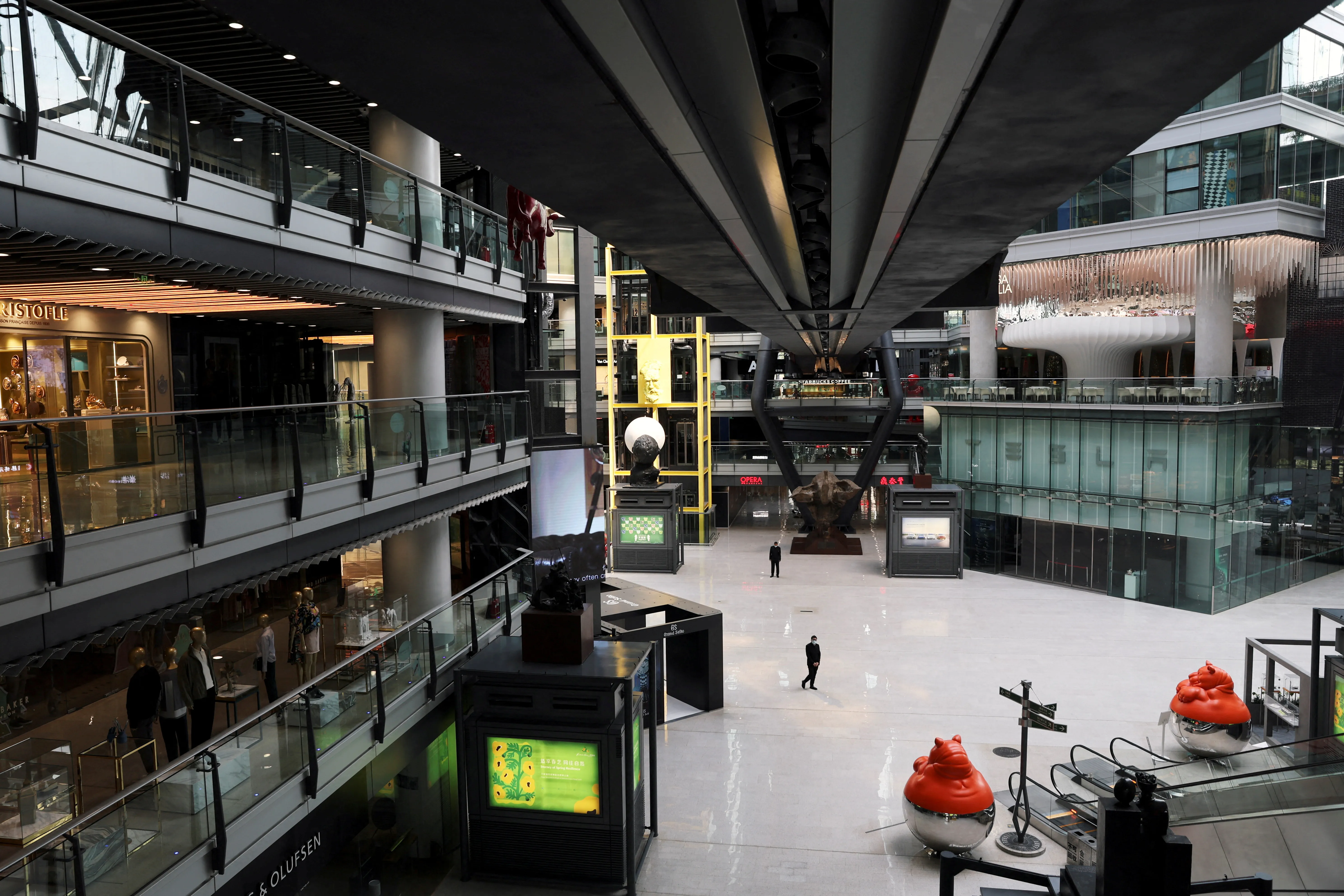
The bill’s implications go beyond Tesla’s bottom line. New York has set ambitious climate goals, including a target of 100% zero-emission vehicle sales by 2035 under the Climate Leadership and Community Protection Act. Tesla, as a pioneer in the EV market, has been instrumental in driving this transition. Critics of the bill argue that banning Tesla’s stores could undermine these goals by reducing consumer access to one of the most popular EV brands. Assemblymember Bobby Carroll, another New York Democrat, has proposed an even stricter measure to end all direct sales, calling Tesla’s exemption a “loophole” that benefits billionaires like Musk over small businesses. This dual legislative threat has left Tesla’s future in the state uncertain.
Public reaction has been mixed. Tesla showrooms across the U.S., including in New York, have faced protests since early 2025, with demonstrations in Manhattan drawing hundreds of activists decrying Musk’s unelected influence in Washington. Some have escalated into violence, with reports of arson and gunfire at Tesla locations nationwide. Yet, Tesla retains a loyal customer base, and many New Yorkers see the company as a symbol of sustainable innovation. The stock market, however, reflects growing unease—Tesla’s share price has dropped significantly from its post-election peak of $488.54 in December 2024 to $263.55 as of March 29, 2025, though it remains above its yearly low.
For Musk, the New York bill is the latest in a series of challenges tying his political ventures to Tesla’s fortunes. Analysts warn that his polarizing actions could further erode the brand’s appeal among liberal consumers, a demographic that has historically driven EV adoption. Meanwhile, Tesla has not outlined a clear strategy to counter the legislation, leaving observers to speculate whether it will fight legally, pivot to online sales, or seek new permits. As the debate intensifies, the clash between Musk’s vision and New York’s lawmakers underscores a broader tension between innovation, politics, and public sentiment—a battle that could redefine Tesla’s role in the Empire State and beyond.
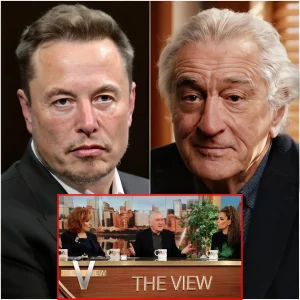
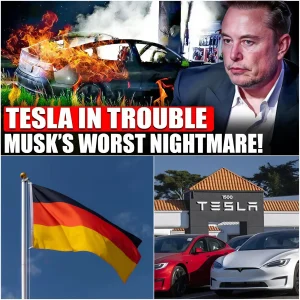
 Stock prices and sales DROP sharply as Germany OPPOSES Elon Musk and Tesla’s Strategy.
Stock prices and sales DROP sharply as Germany OPPOSES Elon Musk and Tesla’s Strategy.


 SHOCKING NEWS: Rafael Nadal shocked the entire world by rejecting Elon Musk’s $10 million offer: “Keep it and use it for something that truly helps people!”
SHOCKING NEWS: Rafael Nadal shocked the entire world by rejecting Elon Musk’s $10 million offer: “Keep it and use it for something that truly helps people!”